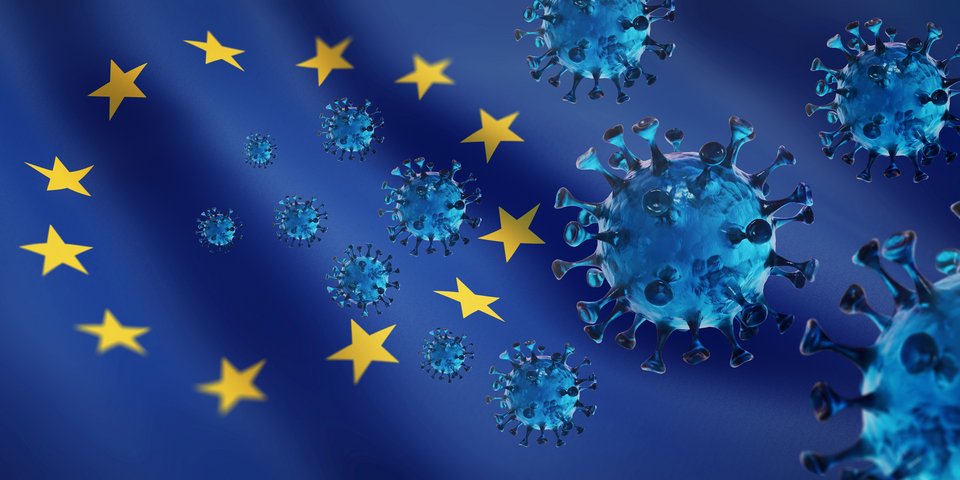 ©peterschreiber.media - stock.adobe.com
©peterschreiber.media - stock.adobe.comCOVID-19 – an opportunity for healthcare policy?
Special edition of "Eurohealth" examines the responses of health systems.
JS – 11/2020
The European Observatory on Health Systems
and Policies, the WHO Regional Office for Europe and the European Commission
published a special edition of "Eurohealth" on 3rd November 2020: “Health
system responses to COVID-19".
It examines how the crisis can be an
opportunity to address fundamental weaknesses in health systems. The analyses
are based on information from the Health System Response
Monitor (HSRM). This was developed in April 2020 to collect and organise
up-to-date information on the COVID-19 outbreak.
Health and policy aspects
In the subject areas of "Perspectives on
COVID-19", "Preventing transmission", "Ensuring sufficient workforce capacity", "Providing health service effectively", "Paying for services" and "Governance", experts
from different disciplines examine policy decisions, progress as well as
challenges in the different countries.
The special issue describes findings from
the use of new ways of coping with the pandemic such as tracing apps or doctor
consultations via video/telephone calls. The publication draws political
lessons for the future from the diverse perspectives of the subject areas.
Dr Hans Henri P. Kluge, WHO Regional
Director for Europe, Dr Josep Figueras, Director of the European Observatory
and Sandra Gallina, Directorate General for Health and Food Safety of the European
Commission all say we now have more extensive knowledge of the virus.
There has been progress in clinical treatments and the use of intensive care
therapies. However, they call for accelerated implementation of the measures,
in particular the prevention measures. This is the only way to flatten the
curve that is currently rising sharply in many countries.
Weaknesses in health systems
In relation to health care systems, the
authors state that the weaknesses show the mistakes of
the last decade. They argue that shortcomings in preventing infection or
addressing the issue of mortality in nursing homes reflect the low priority
given to public health and long-term care over the years. They criticise the
lack of investment in these areas and call for policy-makers to engage stakeholders
and maintain their commitment. Functioning innovations should be strengthened.
Governance mechanisms, in particular are also to be strengthened in order to
support the necessary change processes.
Eurohealth is a quarterly publication, in
which researchers, policy-makers and experts can express their views on
healthcare policy issues, thus contributing to a constructive debate on
healthcare policy in Europe.
